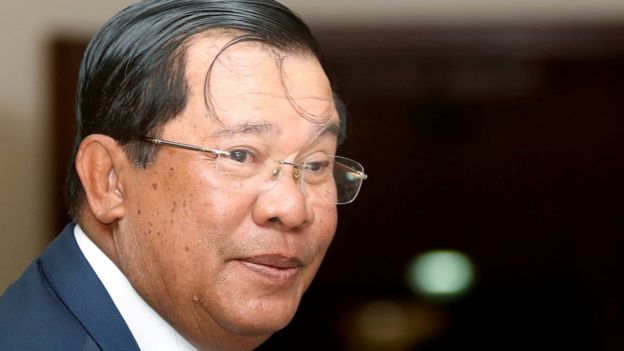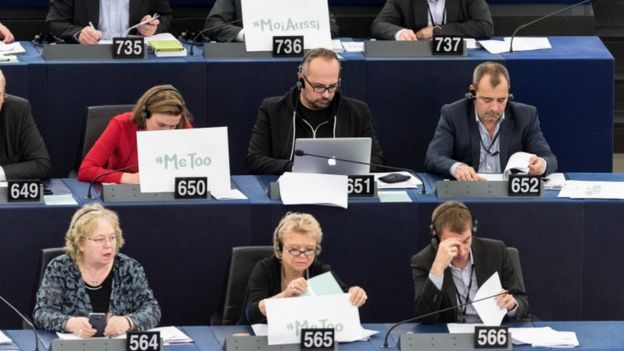By: Katherine Hewitt
Impunity Watch Reporter, Asia
NAYPYIDAW, Myanmar – Two religious figures in Myanmar who were arrested in late 2016, received their sentences in court on 27 October 2017.
Dumdaw Nawng Lat, 67, is an assistant pastor with the Kachin Baptist Convention (KBC). He is a member of the Kachin minority in Myanmar. He received a sentence of 4 years and 3 months in jail.
Langjaw Gam Seng is a KBC youth leader. He is 35 years old and is also a member of the Kachin ethnic minority. He will be serving 2 years and 3 months in jail.

Both were convicted under the 1908 Unlawful Associations Act. The court convicted them for aiding a rebel army, the Kachin Independence Army (KIA). However, sentences under the Act can include convictions for operating an unlicensed motorcycle under the Export/Import Act. Nawng Lat received an additional charge under the Penal Code, section 500 as a result of sharing information with Voice of America about the military’s airstrikes. It is reported that the defense attorney is preparing for an appeals court case.
In 2016, Nawng Lat and Gam Seng accompanied journalist documenting airstrike damages around a Catholic Church and civilian structures in Muse. The photos were published in December 2016. Kyaw Myo Min Latt of Myanmar Army Battalion 99 summed both to the compound on 24 December 2016, where they were promptly arrested. They stayed at the Kalaya 123 military base for close to 30 days incommunicado.
The military handed over Nawng Lat and Gam Seng to the police on 20 January 2017 after international outcry over the whereabouts and treatment of the two men. According to reports, the two had been interrogated by the military. Signed statements that the two were involved with the KIA were also released to the police.
Fortify Rights and Human Rights Watch produced joint statements on the arrest and court verdict of Nawng Lat and Gam Seng. The two religious figures from the Kachin minority were arrested for simply exposing crimes of the Myanmar military.
The Myanmar military has been involved in several incidents of violence across the country including the recent attacks against the Rohingya Muslims in the North. This is one more event in which the Myanmar government and military are avoiding accountability for state related crimes and instead defer blame to a small minority.
Human Rights Watch Deputy Director of Asia, Phil Robertson, says, “Myanmar’s government should be prosecuting military personnel who are responsible for serious abuses – not activists who are bringing those abuses to light. Myanmar’s military has for decades violated the rights of the country’s ethnic minorities without ever having to fear being brought before a court.”
For more information, please see:
Fortify Rights – Myanmar: Drop Case Against Kachin Religious Leaders – 27 October 2017
Voice of America – Myanmar Court Convicts Ethnic Kachin Religious Leaders – 27 October 2017
Human Rights Watch – Myanmar: Drop Case Against Kachin Religious Leaders – 27 October 2017



